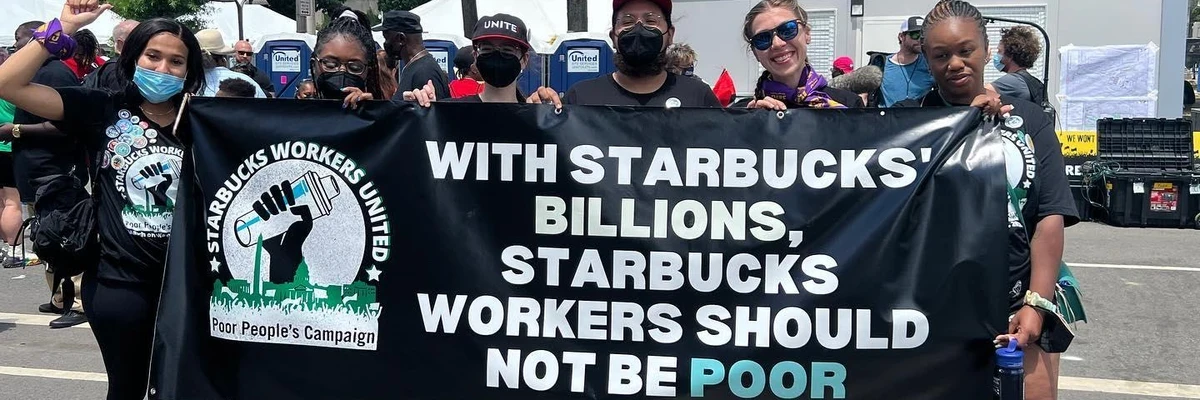unions
1648 readers
1 users here now
a community focused on union news, info, discussion, etc
Friends:
- https://lemmy.ml/c/labor
- https://sh.itjust.works/c/unions
- https://lemmy.ml/c/coops
- https://lemmy.ml/c/antitrust
founded 3 years ago
MODERATORS
476
477
478
479
480
481
482
483
484
485
486
487
488
489
1
Vietnam prepares to ratify pro-union convention, risks investment from foreign corporations
(vietnam-aujourdhui.info)
490
491
35
Nigeria's union workers are on strike nationwide over soaring inflation and unmet promises
(ca.finance.yahoo.com)
492
493
494
495
1
Panama: government accuses union activists of terrorism, sued, shuts down union bank accounts
(www.labourstartcampaigns.net)
496
1
Finland: unions fight neoliberal Thatcher-like attacks on workers and welfare
(www.greenleft.org.au)
497
498
499
500
56
What You Need to Know About the Legal Quest to Destroy America's Labor Protections
(www.hamiltonnolan.com)

